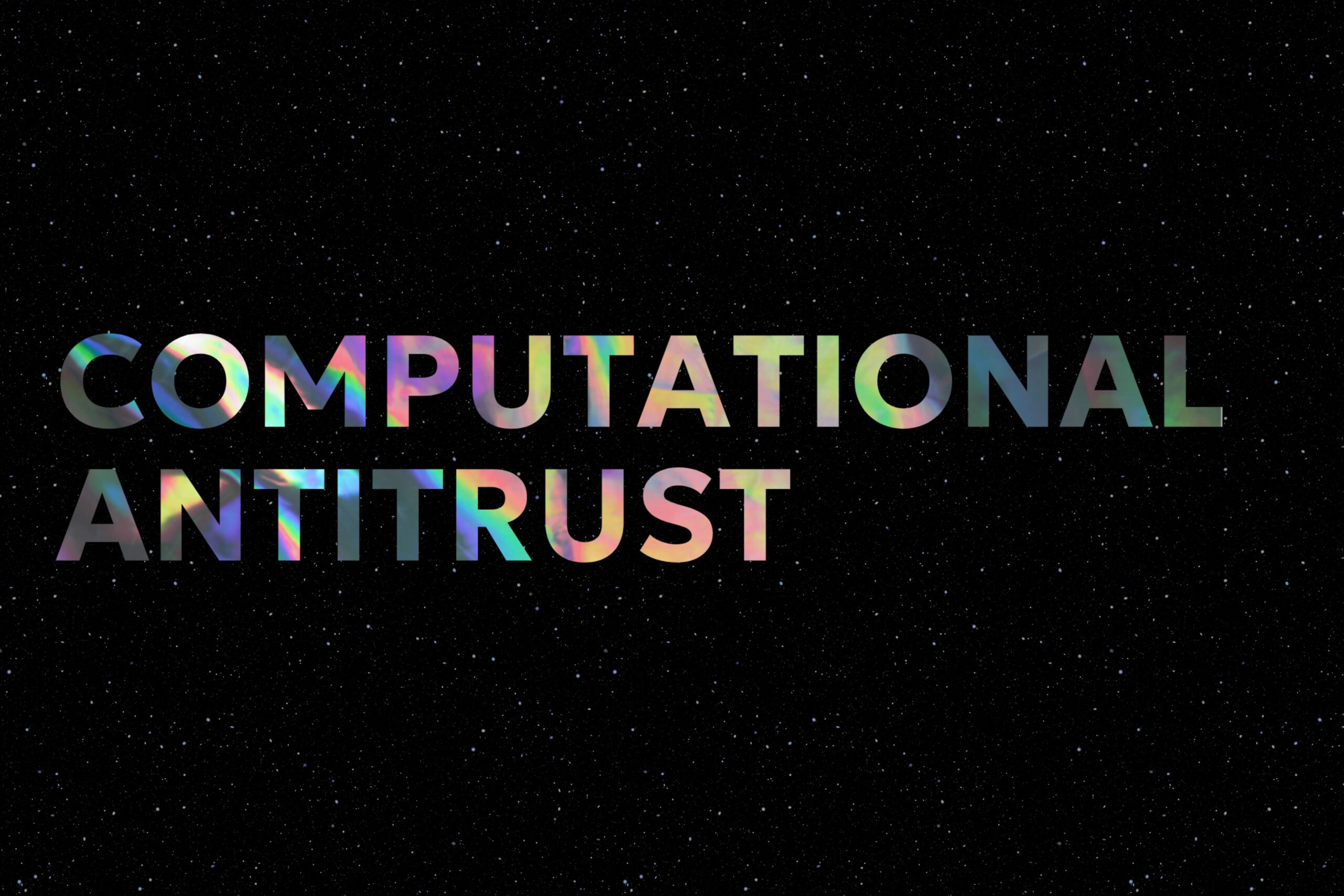Here’s the seventh and final video of the series dealing with the article entitled “Antitrust Without Romance” (to be downloaded over here).
This post discusses a simple idea: antitrust law is not a statement.
Antitrust law uses economic variables, but it does not mean that its application is to be fully justified by the latter, indeed, its legal roots are essential. In fact, two legal perspectives may justify the law. First, the law can be an instrument used by the state in achieving the community’s chosen collective goals. Second, the purpose of the law may be to express specific moral values. A good example of that is the law prohibiting the burning the American flag.
When reading the founding texts, we find that antitrust is to be justified by the first perspective. Some wishes that antitrust was about values, that it was to be used to fight fake news, environmental issues, democracy and so on, but is it not. Antitrust law is a tool made for creating the condition of competition, not to reach a certain outcome. Yes, it is “boring”, (I quote), but considering the fact that antitrust implies the restraint of fundamental rights (such as property rights), one must be happy to have boring but impartial laws. In short, the application of antitrust HAS to produce a positive net result because otherwise the property right violation it is causing cannot be justified.
All this implies that antitrust has to be workable. Indeed, the application of antitrust must, when necessary, be measurable with the help of quantified data. Failing that, antitrust law is a great Trojan horse for personal interests. Of course, because emotionally compelling examples are a more effective form of communication than calculus and graphs, as stresses Herb Hovenkamp, convincing agencies to make antitrust workable by paying attention to empirical data rather than stories without data is… uneasy.
Another challenge of making antitrust law workable is to recognize that courts have a comparative advantage over antitrust authorities and legislature in the making of legal rules, if only because they are less subject to the expression of personal interests. Yet, because judges are less visible to the general public than top officials and representatives, putting them at the center of antitrust law is politically complicated.
Despite being uneasy, recognizing that antitrust is not an expressionist law is necessary. First, let us remember that if political circumstances permit, the expressionist interpretation of antitrust law would lead to a laissez-faire approach that takes no empirical basis into account (I quote such theorists in my article, p. 68, stressing that they are “arguing for the expressionist goal of pure laissez-faire without empirical grounds (and thus, without convincing)”). Second, such as it is stressed by Cass Sunstein, disagreements about laws are frequently related to their expressive content because they take root in social and moral norms which are a function of existing information. We need some more consensus in antitrust law, let’s first agree on recognizing it as a tool. Tools can do great things.
Alright, thanks for watching these videos and reading this series of post, I look forward to discussing this further with you all in person, maybe at conferences?! Cheers.
Download “Antitrust Without Romance” over here for more on that subject








